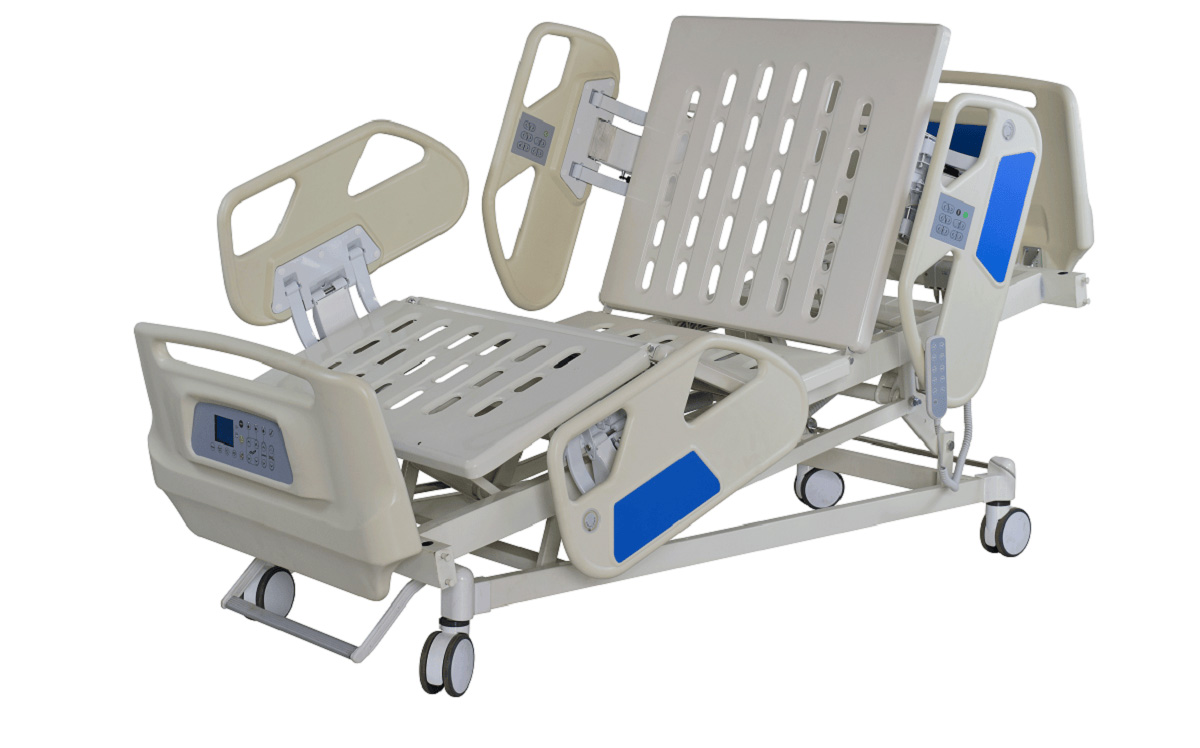Welcome to our websites!
Essential Medical Tools for Your Doctor's Office Setup
Essential Medical Equipment for a Doctor's Office
In the realm of healthcare, the efficiency and accuracy of diagnoses and treatments hinge on the quality and availability of medical equipment. A well-equipped doctor's office is foundational for providing high-standard care, ensuring patients receive appropriate assessments and interventions. This article aims to explore the essential medical equipment commonly found in a doctor's office, highlighting its significance and function in delivering optimal patient care.
1. Examination Tables
The examination table is arguably the centerpiece of any doctor's office. It is designed for patient comfort while allowing seamless access for the physician during exams. Adjustable features, such as height and backrest tilt, ensure that the table can accommodate various patient needs. Many advanced models also include built-in scales for convenient measurement of weight.
2. Diagnostic Equipment
A variety of diagnostic tools are essential for obtaining critical information about a patient's health status
- Stethoscope This ubiquitous tool allows doctors to listen to heartbeats, lung sounds, and other bodily functions. A high-quality stethoscope can significantly enhance diagnostic accuracy.
- Sphygmomanometer Used to measure blood pressure, this equipment is indispensable in assessing cardiovascular health. Both manual and digital versions are available, with the latter offering convenience and ease of use.
- Otoscope This tool is used to examine the ears, helping detect infections or blockages. A bright light and magnifying lens allow for a thorough inspection of the ear canal and tympanic membrane.
- Ophthalmoscope Similarly, an ophthalmoscope enables doctors to visualize the interior structures of the eye. This is crucial for diagnosing conditions such as diabetic retinopathy and glaucoma.
3. Laboratory Equipment
Many doctor's offices have in-house laboratory equipment to conduct tests quickly and efficiently. Common laboratory tools include
- Blood Glucose Monitors Essential for diabetic patients, these devices allow for quick checks of blood sugar levels
.- Urinalysis Strips Used to perform basic urine tests, these strips can provide immediate insights into a patient’s health, including the detection of infections or metabolic issues.
- Microscopes For offices that perform slides of biological samples, microscopes are vital for examining blood cells, bacteria, and other microscopic entities.
medical equipment for doctors office

4. Imaging Equipment
While not every doctor's office will have extensive imaging capabilities, some basic imaging equipment can enhance the diagnostic process
- Portable Ultrasound Machines These compact devices enable physicians to visualize internal organs and tissues in real-time, aiding in the diagnosis of various conditions, especially in obstetrics and emergencies.
- X-Ray Machines In some offices, particularly those focusing on orthopedics, basic x-ray machines allow for immediate imaging of bones and joints, facilitating faster treatment decisions.
5. Electronic Health Record (EHR) Systems
In the digital age, maintaining accurate patient records is critical. EHR systems streamline the documentation process, allowing doctors to access patient histories, medications, and lab results in real-time. Effective EHR systems enhance communication among healthcare providers and improve overall patient care by providing comprehensive health records at the point of care.
6. Patient Monitors
For offices that handle more intensive care, patient monitoring equipment—such as pulse oximeters, ECG machines, and temperature monitors—are essential for tracking vital signs. These devices help healthcare providers quickly identify potential issues and take necessary actions.
7. Dispensing Equipment
Many doctor's offices also provide medications directly to patients, requiring dispensing equipment such as
- Medication Refrigerators Certain medications, particularly vaccines and some biologics, require refrigeration to maintain efficacy.
- Automated Dispensing Machines These systems enhance efficiency in managing and dispensing pharmaceuticals while minimizing medication errors.
Conclusion
The medical equipment available in a doctor's office plays an instrumental role in enhancing patient care. From fundamental examination tools to advanced diagnostic and imaging technology, each piece of equipment contributes to the accuracy, efficiency, and quality of medical services provided. As technology advances, the integration of innovative medical devices will continue to shape how healthcare is delivered, ultimately leading to better patient outcomes. Investing in the appropriate medical equipment is not merely about acquiring tools; it's about committing to the health and well-being of patients.
-
Transforming Healthcare with Hospital FurnitureNewsJun.24,2025
-
Rehabilitation EquipmentNewsJun.24,2025
-
Mobility and Independence with WheelchairsNewsJun.24,2025
-
Freedom of Mobility with Our Rollator WalkersNewsJun.24,2025
-
Comfort and Independence with Commode ChairsNewsJun.24,2025
-
Bathing Safety and Independence with Shower ChairsNewsJun.24,2025
-
Navigating the Wholesale Landscape of Electric Mobility Solutions: Key Considerations for Power Wheelchair DealersNewsJun.10,2025











